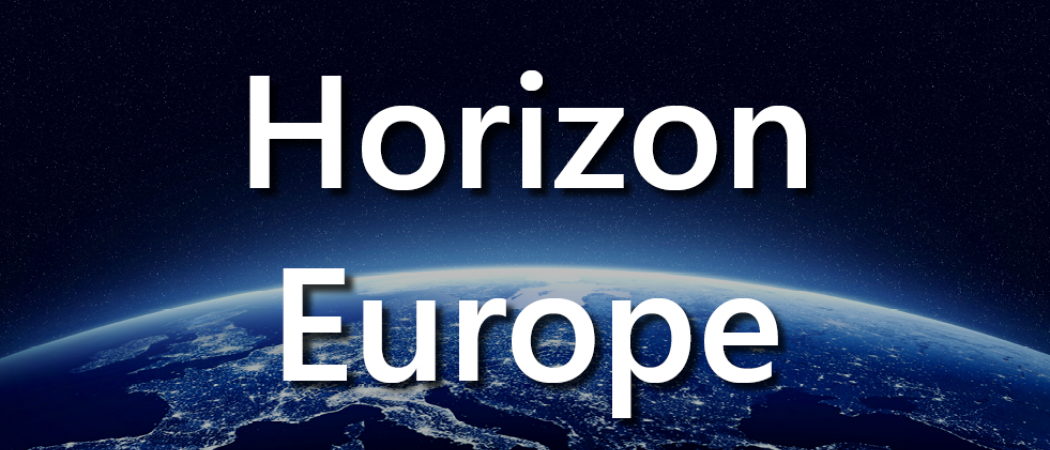HEU-II-CL1-HLTH-D5-TOOLS
HORIZON EUROPE - HEALTH - Destination 5 - Unlocking the full potential of new tools, technologies and digital solutions for a healthy society
Stručný popis poradenské firmy
Technology is a key driver for innovation in the health care sector. It can provide better and more cost-efficient solutions with high societal impact, tailored to the specific health care needs of the individual. However, novel tools, therapies, technologies and digital approaches face specific barriers and hurdles in piloting, implementing and scaling-up before reaching the patient, encountering additional challenges such as public acceptance and trust. Emerging and disruptive technologies offer big opportunities for transforming health care, thereby promoting the health and well-being of citizens.
Unlocking this potential and harnessing the opportunities depends on the capacity to collect, integrate and interpret large amounts of data, as well as ensure compatibility with appropriate regulatory frameworks and infrastructures that will both safeguard the rights of the individual and of society and stimulate innovation to develop impactful solutions. In addition to existing European Research Infrastructures, the European Health Data Space will promote health-data exchange and facilitate cross-border research activities.
Moreover, the European Health Emergency Preparedness and Response Authority (HERA) aims to improve to improve the EU's readiness for health emergencies by supporting research, innovation and development of technologies and medical countermeasures needed against potential cross-border health threats. This destination aims to promote the development of tools, technologies and digital solutions for treatments, medicines, medical devices and improved health outcomes, taking into consideration safety, effectiveness, appropriateness, accessibility, comparative value-added and fiscal sustainability as well as issues of ethical, legal and regulatory nature.
Základní informace
- Doba: 01.01.2021 - 08.12.2027 [9. finanční období EU (2021-2027)]
-
Předchozí program
HORIZON 2020 - I. Excellent Science (8.FP | 2014-2020)
-
Strategie EUEkonomika, která pracuje pro lidi , UN Sustainable Development Goals , Šest von der Leyenových priorit Evropské komise
-
Podprogram(y):
Rozpočet
- Mff oddělení I. SINGLE MARKET, INNOVATION & DIGITAL
- 0
- 0
-
Roční rozpočty:
2021 1150000002022 1550000002023 2140000002024 50000000
Detailní informace
-
Témata financování
-
Žadatelé
Podmínky projektu
-
Projektové činnosti
-
Program | Priority voláníSDG Goal 3: Good health and well-being , SDG Goal 10: Reduced inequalities , Health: Develop crucial elements of an effective and comprehensive health system , priorities of the European Commission 2019-2024_
-
cílová skupina
Termíny, termíny a místa
- Zbývající čas do termínu 12 měsíc (s), 30 den (dny), 0 Hodin., 0 Minut.
Dokumenty
-
pro tento záznam aktuálně nejsou k dispozici žádné dokumenty
odkazy
-
Na tuto datovou sadu nejsou v současné době žádné odkazy

